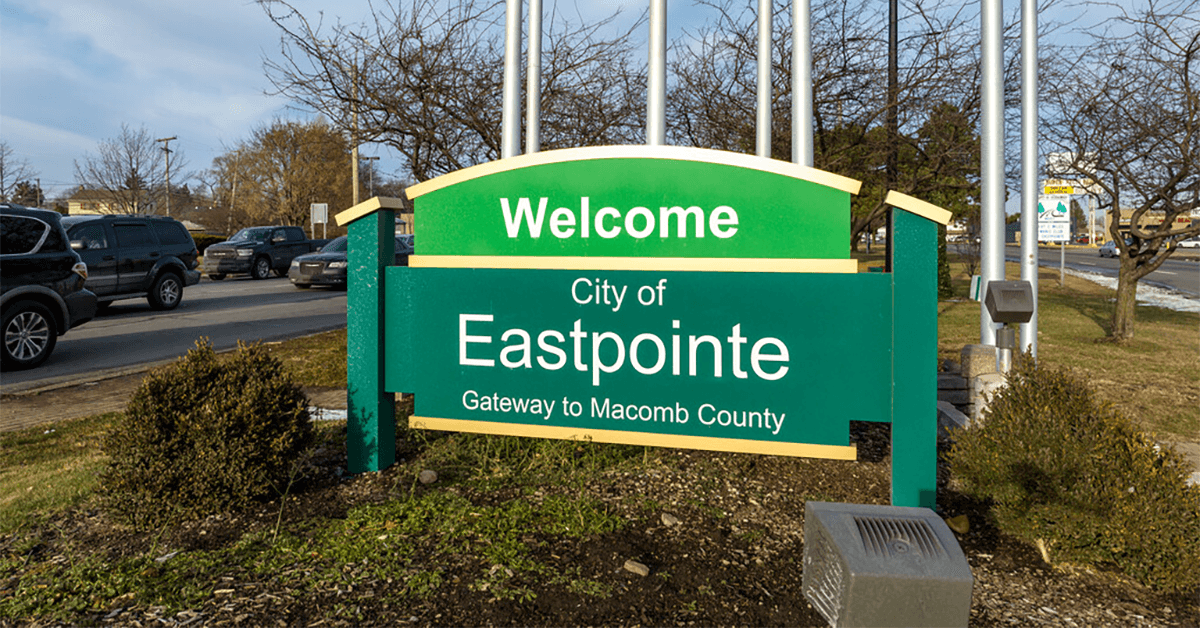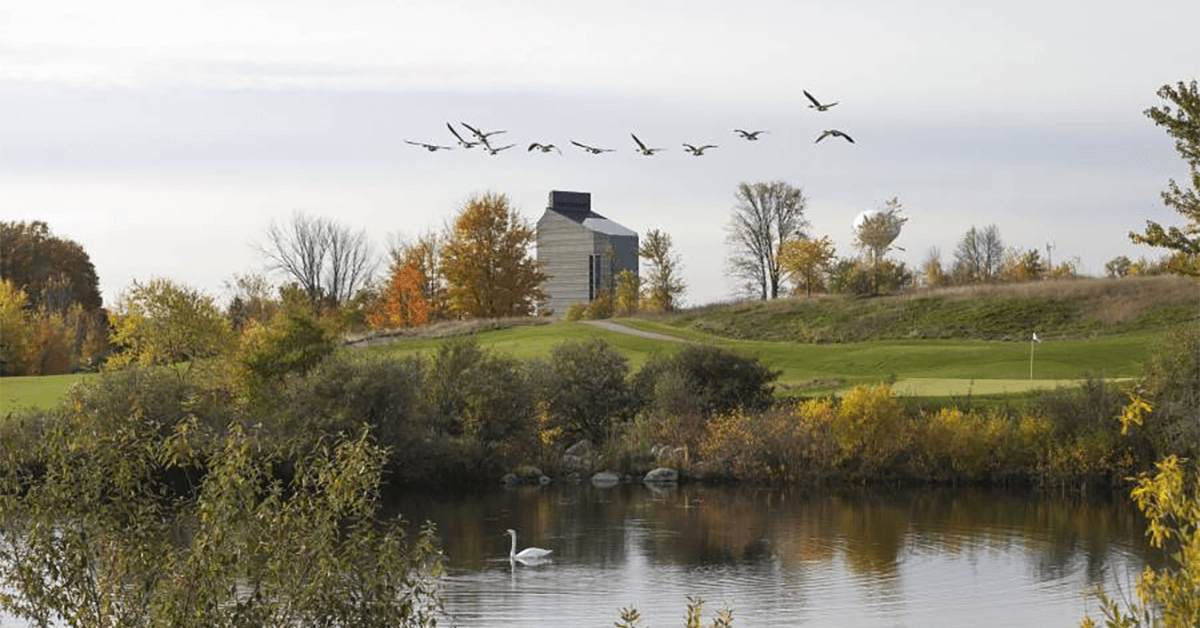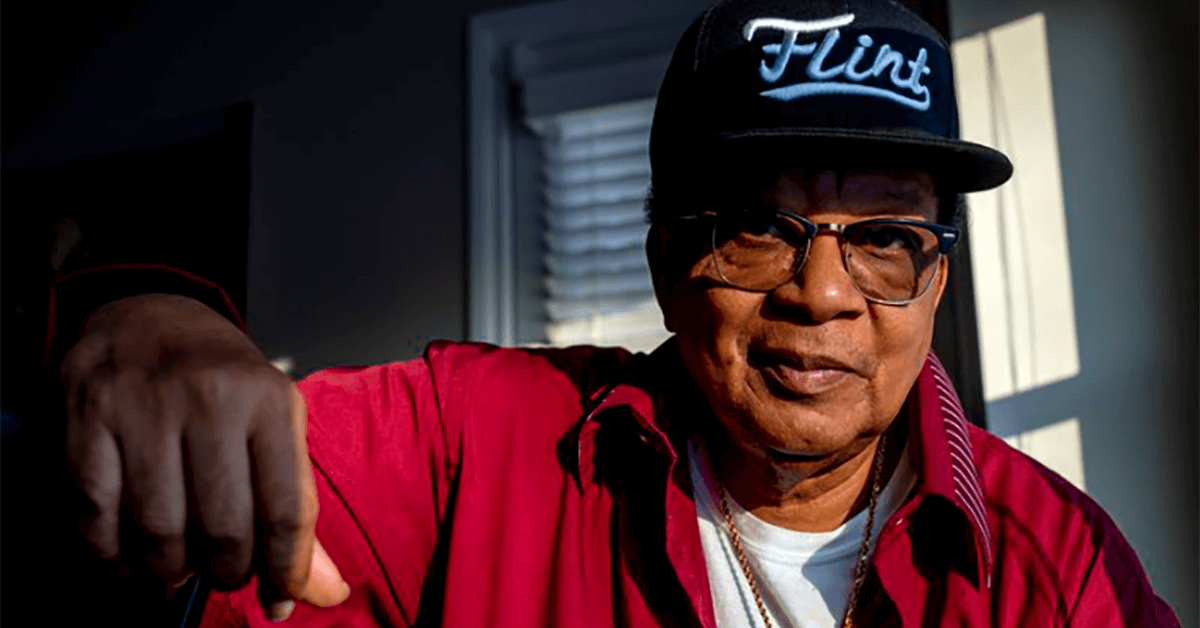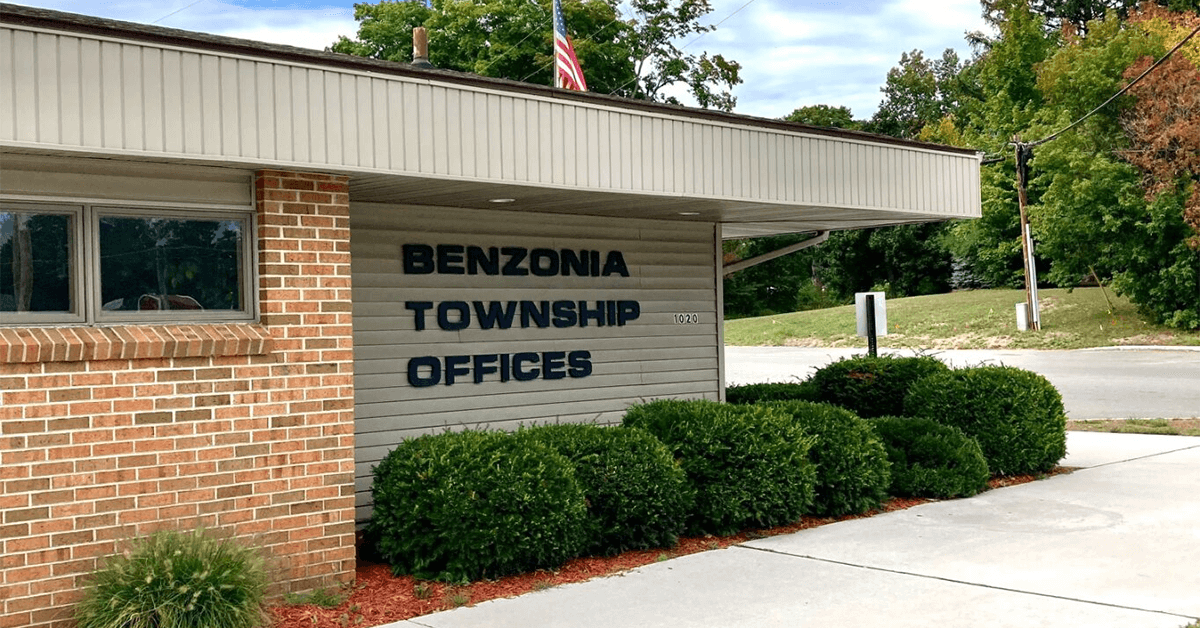Eastpointe Considers Economic Benefits and Community Concerns in Recreational Cannabis Debate

Eastpointe, Michigan, is at a pivotal juncture regarding its stance on recreational cannabis. Since the legalization of adult-use recreational cannabis in Michigan in 2018, Eastpointe has maintained a cautious approach. Initially, the city opted out of hosting recreational cannabis dispensaries, even as it passed an ordinance in 2021 permitting medical cannabis facilities. This shift marked the entry of the cannabis industry into Eastpointe with the approval of three medical cannabis licenses.
In a progressive move, the Eastpointe City Council is now contemplating an ordinance that would allow recreational cannabis businesses within city limits. This proposal has sparked a lively debate among residents and council members alike. The potential ordinance, drafted by City Attorney Richard Albright at the request of the council, aims to transition existing medical cannabis facilities to recreational ones and possibly allow additional licenses.
Councilwoman Margaret Podsiadlik championed the proposal, citing the economic uplift experienced by other Michigan cities with similar establishments. She highlighted that introducing recreational cannabis businesses could rejuvenate Eastpointe by occupying vacant buildings and boosting local commerce. Similarly, Councilman Harvey Curley supported the initiative, focusing on the substantial tax revenues that recreational cannabis could funnel into city coffers—funds that are not derived from medical cannabis operations. Curley advocated for these funds to be allocated specifically towards enhancing local parks, pointing out the dire state of some recreational spaces in Eastpointe.
However, not all council members are in agreement. Councilman Rob Baker expressed concerns about fairness and legal challenges if the city were to limit recreational licenses to only those businesses currently holding medical ones. He emphasized the risk of lawsuits from potential applicants who might feel excluded from the process.
The public's response has been mixed, with vocal opinions on both sides during council meetings. Supporters of the ordinance argue that legal recreational cannabis facilities will provide regulated, safe environments for purchase and consumption, unlike the uncontrolled black market. They believe that, similar to alcohol, cannabis presence is already a reality, and regulation could help manage its impact more effectively.
Opponents, however, raise significant concerns regarding the social implications of cannabis businesses. They fear increased crime rates, decreased property values, and adverse effects on youth and public health. Notably, long-time resident Lynn Tubben articulated worries about the potential for youth cannabis use leading to broader social issues, such as increased welfare dependence and lower life satisfaction.
Amidst these discussions, rumors of bribery and corruption also surfaced, challenging the council's integrity. These allegations were firmly denied by council members, including Councilwoman Podsiadlik and Councilman DeMonaco, who called for respectful and accusation-free public discourse.
As the debate continues, Eastpointe's leadership remains committed to thoroughly researching the implications of introducing recreational cannabis businesses. Mayor Michael Klinefelt underscored the importance of considering all aspects, including the potential for increased blight associated with vacant buildings, before making a final decision.
In conclusion, Eastpointe stands at a crossroads, balancing economic potential against community concerns. The city's approach to managing this issue will require careful consideration of both the financial benefits and the societal impacts of legalizing recreational cannabis businesses.
Share this article:
Spotted a typo, grammatical error, or a factual inaccuracy? Let us know - we're committed to correcting errors swiftly and accurately!








 Helpful Links
Helpful Links